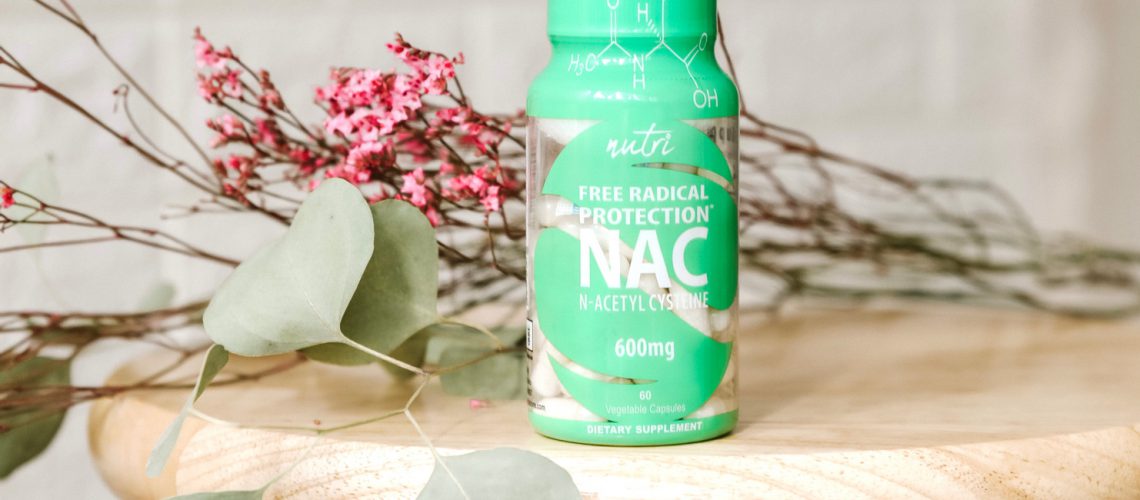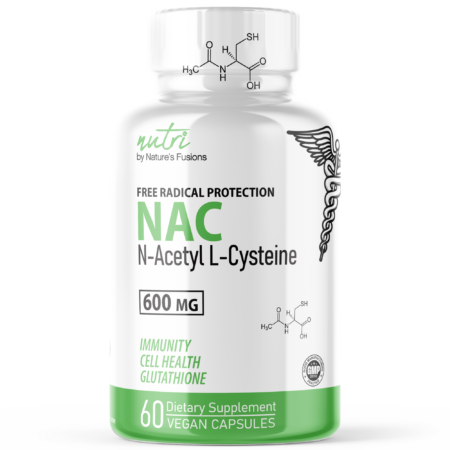If you have never heard of NAC or N-Acetylcysteine, you aren’t alone. Many people have never heard of it, and yet, it is a wonderful little compound that can do amazing things for your body. It is well past time for NAC to have its time in the spotlight. Natural and effective, there is so much to discover about NAC.
What is Cysteine?
N-Acetylcysteine might have a long, complicated name, but it is actually quite simple. It is the supplement form of cysteine, which is a semi-essential amino acid found in protein-rich foods. It is semi-essential because, while it is synthesized naturally by the body, it tends to reach critical lows during illness, times of heightened stress, or even just with increased age. Amino acids are the building blocks of protein. Cysteine is a major component of beta-keratin (the major protein in hair, skin, and nails), and it helps form collagen, which improves skin elasticity.
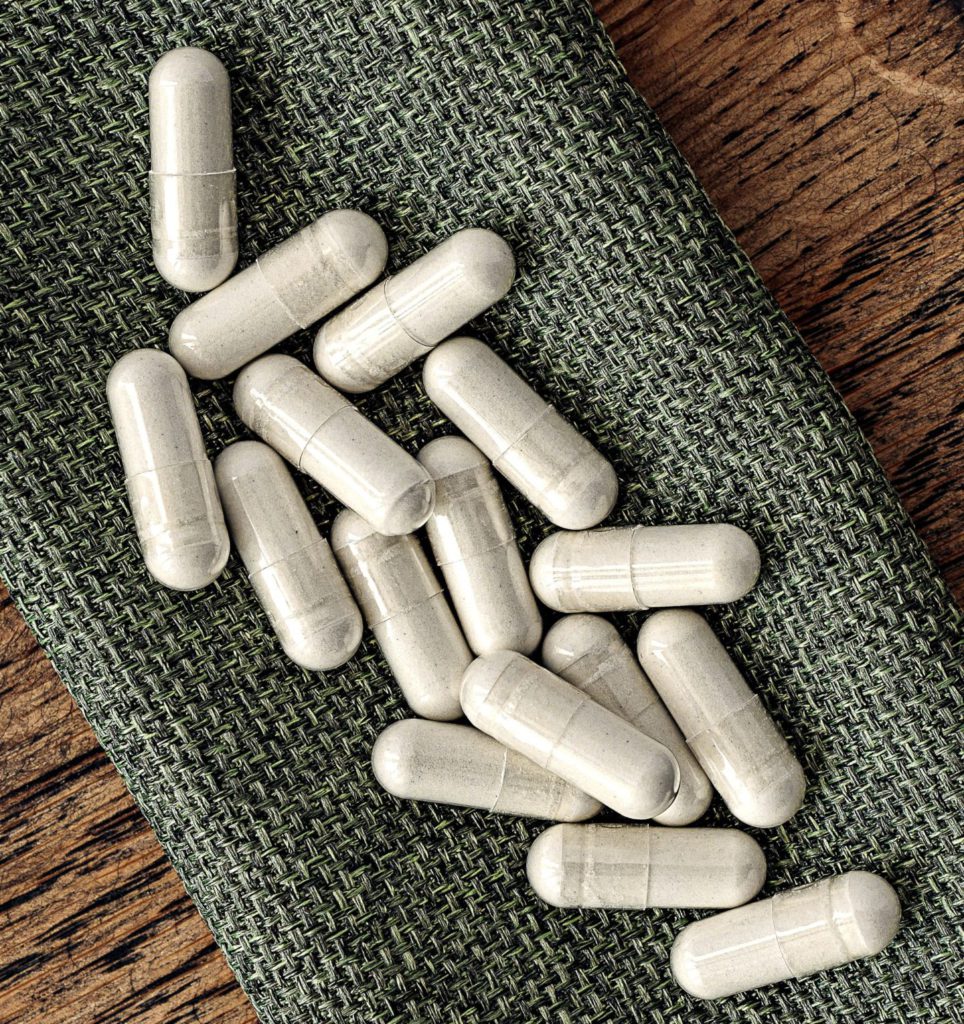
What makes cysteine truly special is that it is used by the liver to produce the powerful antioxidant, glutathione. Glutathione works hard to fight off the free radicals that lead to oxidative stress.* As you age, your bodily levels of cysteine can become dangerously low and your ability to synthesize glutathione becomes compromised, leaving free radicals to wreak havoc. That is where NAC comes in.
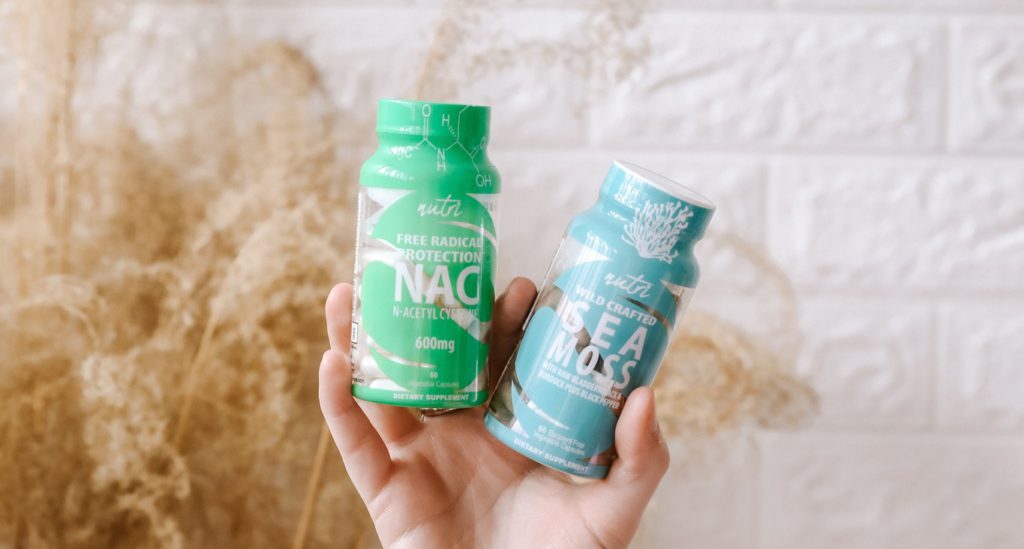
NAC - A Cysteine Supplier
NAC as a supplement can be used by the liver to make the glutathione your body needs, just like cysteine. NAC is thought to offer a wide range of health benefits, including healthier lungs, a strengthened immune system, enhanced brain function, and a boost to the body’s natural detoxification process.*
NAC has been used medically since the 1960’s, when it was discovered as a natural antioxidant in onions. Pharmaceutical only NAC is used in hospitals to detoxify the body after exposure to harmful chemicals and as an antidote to acetaminophen poisoning. It is so effective that it has been listed as an essential medicine by the World Health Organization.
For Science!
NAC has long been considered the most widely used antioxidant in the scientific community. It is used in thousands of studies. Scientists believe that NAC has three major uses. First, providing stability to proteins through disulfide bonds (so your proteins stay healthy and active). Second, as a scavenger for oxidative stress (to find and root out those pesky stressors). Third, as a precursor for the biosynthesis of glutathione. In 2021, there were 17,027 scientific publications listed by PubMed that were associated with NAC. In recent years, interest in NAC has only grown.
And it’s for good reason. NAC supplies the body with cysteine, the most commonly deficient of the three amino acids that make up glutathione. Unfortunately, oral forms of cysteine are broken down in the digestive tract and are poorly absorbed. This makes cysteine by itself unavailable as a supplement. However, N-acetylcysteine or NAC is nearly identical to cysteine, is readily absorbed, and is easily used by the liver to produce the powerhouse antioxidant, glutathione.
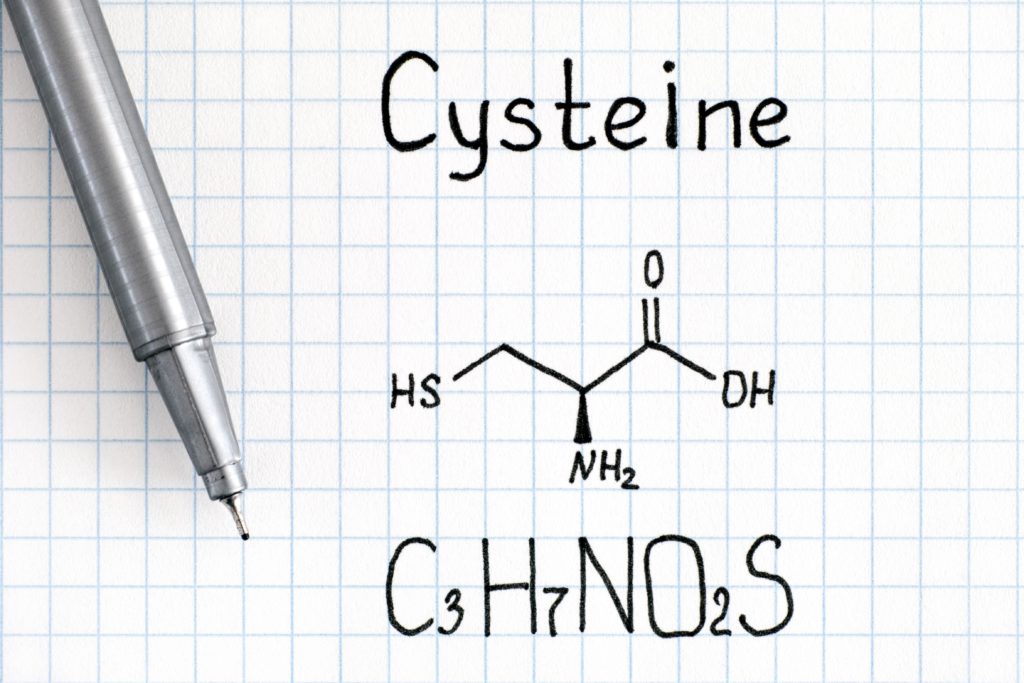
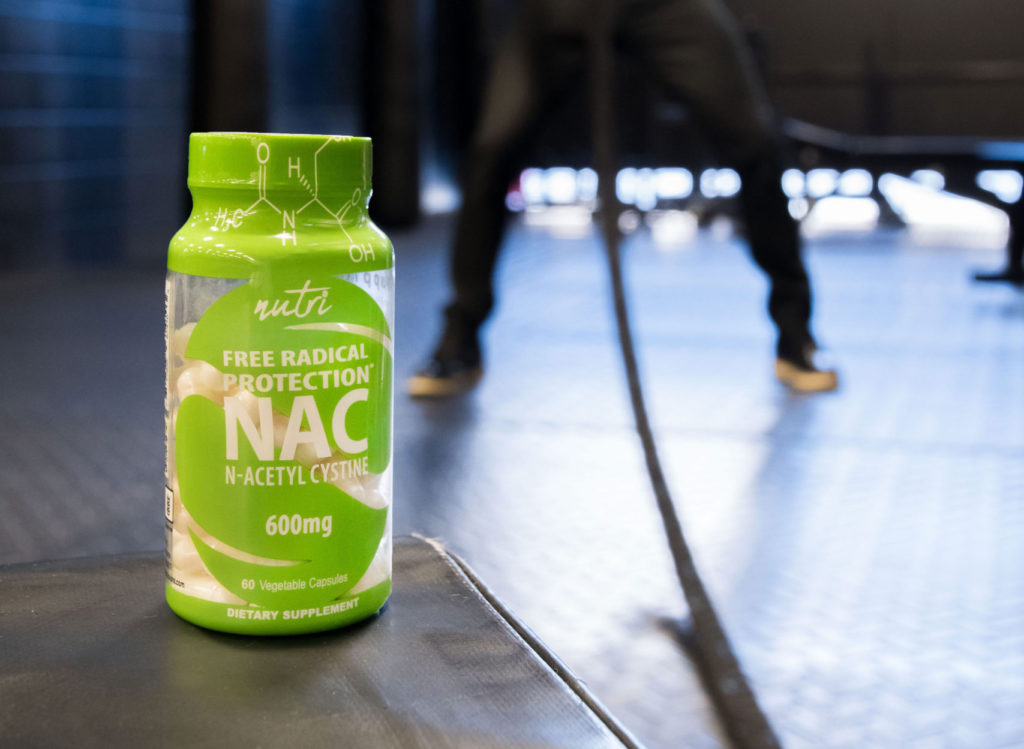
Where is NAC?
There is currently a battle being waged by the FDA and the dietary supplement industry. Because of a drug exclusion provision in the Federal Food, Drug, and Cosmetic Act, dietary supplements are not allowed to contain substances that have previously been used or publicly researched as a drug. Even though industry leaders have been including NAC in dietary supplements for decades, the FDA claims that, because NAC was approved as a drug in 1963, it should not qualify as a supplement.
The supplement industry has rebutted these claims by asserting that the drug version of NAC approved in 1963 was a totally different product. In 1963, NAC was administered by inhalation, as opposed to modern-day oral supplements. The supplement industry also refutes the validity of the documents used in 1963 to substantiate the drug status of NAC. Finally, industry leaders claim that, because NAC was being used as a supplement before the drug exclusion provision was instated, the FDA should not be allowed to pull it from the market retroactively. People are concerned that, if permitted to apply the drug exclusion clause to NAC, the FDA will begin to pull every single ingredient that was ever used as a drug, including vitamin C. Yeah, your favorite orange gummies would be on the list too.
While the debate rages on, all evidence suggests that NAC is a safe and effective supplement, and the FDA has yet to offer any data that would suggest otherwise. Your body already produces the antioxidant glutathione. NAC simply offers a little boost in glutathione biosynthesis. Thankfully, for now, you can still reap the many benefits of this amazing supplement.
Now is your chance to see how NAC can naturally and safely offer you protection from free radicals, decrease your oxidative stress, improve your cellular health, and support a healthy immune system*.
*These statements have not been evaluated by the FDA. This product is not intended to diagnose, treat, cure, or prevent any disease.

Supplement Spotlight – Cranberry Gummies
Cranberries! Despite their tartness, these shiny, ruby-red fruits are an icon around the holidays. Staples at most families Thanksgiving feasts, cranberries are also used to
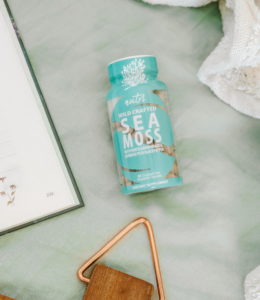
Supplement Spotlight – Sea Moss
Kim Kardashian made a splash when she divulged that one of her secret health ingredients was sea moss. With the advent of the new year, celebrities

